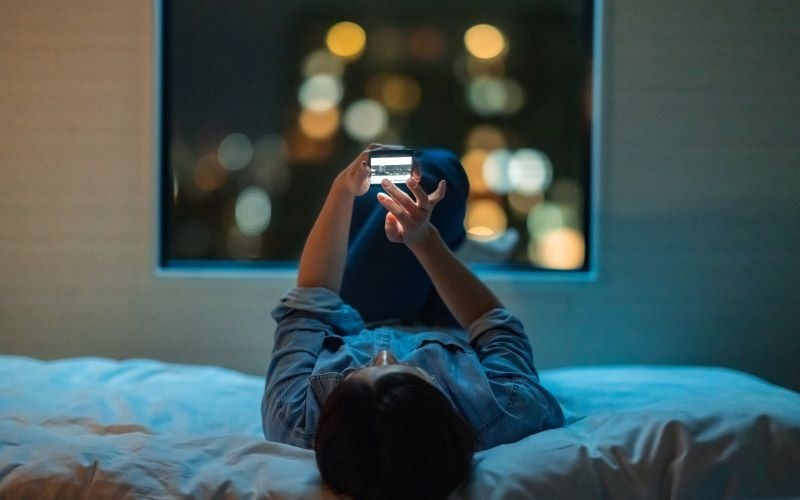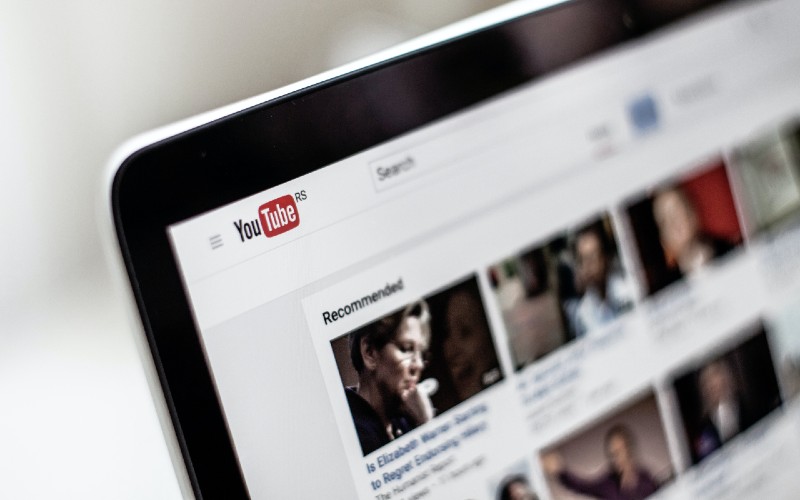Melanie Hempe of ScreenStrong explains that social media is actually designed for adults, not kids or teenagers. Social media's addictive effects condition young brains to crave it more.
"The future addiction potential is super high when you're on a dopamine-producing activity that is chronic," she explains.
Social media does not have the same effect on an adult over the age of 25, because the brain is fully developed by then.
Hempe, a BSN who simplifies medical science and provides practical solutions for families, says this is getting kids' brains used to the high dopamine, which takes their joy away from the real-world experiences they should be having at a young age.
In short, she says, "We're kind of stealing their childhood."
Too much time in the virtual world is also making kids anxious and impairing their ability to be social in real life.
"They are not able to function in the real world," Hempe relays. "They're not able to have social skills; they're not making eye contact."
In-person relationships, she points out, are imperative for building social skills and for life.
"When we are young, we have to learn how to do that," she says, "We have to learn how to read body language and facial expressions and tone," and that cannot be accomplished online.

Social media is a form of entertainment, which means it is not necessary for development or for one's future. Meanwhile, kids and teens benefit from spending more time outside and off the screen, hanging out with good-influence friends, and enjoying the little things around them that Hempe says become so easy to miss when noses are buried in the endless scroll of social media.
As for the best way to end their addiction to social media, like any other dependency, ScreenStrong advises removing access to the problem.
"Maybe you find five families that are going to say, 'Hey, we're going to give our kid a phone, but it's going to be a basic phone, and they don't need social media all the way through high school,'" Hempe suggests. "We recommend no social media through high school. That's only 48 months. It's really not that hard to do."
Kids, she says, will most likely be surprised and pleased at how limiting social media use will improve their lives and overall health.







